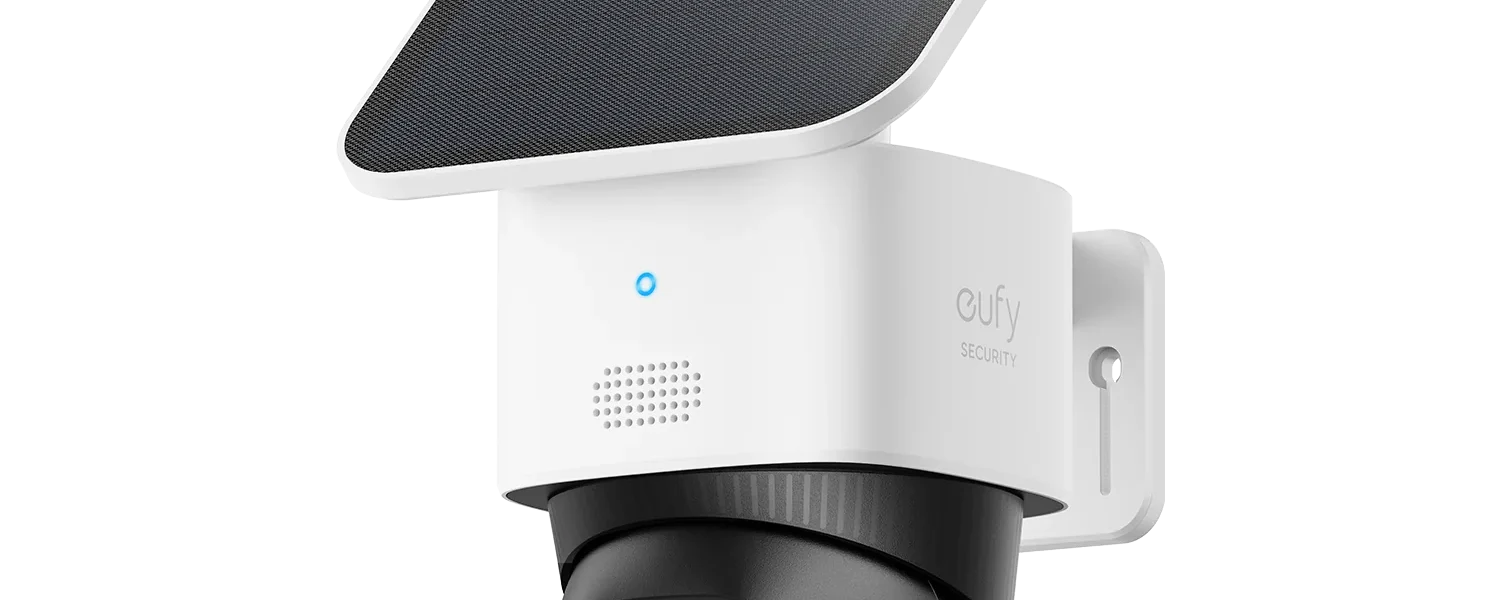Enhancing home security has become a top priority for homeowners in today’s world. With rising concerns over break-ins, theft, and vandalism, investing in reliable security solutions is more important than ever. One of the most effective tools to safeguard your property is the waterproof security camera. These devices provide constant monitoring while withstanding harsh weather conditions, making them an ideal choice for both indoor and outdoor surveillance.
Understanding Waterproof Security Cameras
A waterproof security camera is designed to function seamlessly in environments exposed to water, rain, snow, and other adverse weather conditions. Unlike standard cameras, waterproof models are built with protective casings that prevent water ingress, ensuring uninterrupted performance. These cameras often meet IP (Ingress Protection) ratings, typically IP65, IP66, or higher, indicating their resistance to dust and water. By investing in a waterproof security camera, homeowners can ensure that their surveillance system remains operational regardless of weather challenges, providing peace of mind around the clock.
Advantages of Installing Waterproof Security Cameras
Durability and Reliability
One of the most significant advantages of waterproof security cameras is their durability. These cameras are constructed using materials that can endure extreme temperatures and moisture, which makes them less prone to damage over time. This reliability is essential for homeowners who want a long-term security solution without the need for frequent replacements.
Enhanced Outdoor Surveillance
Waterproof security cameras excel in outdoor environments. They can be installed around driveways, entrances, gardens, or any exposed area without concern for rain or snow affecting their functionality. Their robust construction ensures that the camera lens remains clear, and video quality stays consistent, even in inclement weather. This allows homeowners to monitor their property effectively and deter potential intruders.
High-Quality Video in Various Conditions
Modern waterproof security cameras are equipped with advanced features like night vision, motion detection, and high-definition video recording. These features allow for clear footage even in low-light or rainy conditions, ensuring that no suspicious activity goes unnoticed. Night vision capabilities are particularly useful for monitoring areas that are dimly lit, providing round-the-clock protection.
Ease of Maintenance
Waterproof security cameras are relatively low-maintenance due to their protective casings. The cameras are designed to resist corrosion and water damage, reducing the need for frequent cleaning or technical servicing. This makes them an ideal choice for homeowners who prefer a security solution that is both reliable and easy to maintain.
Factors to Consider When Choosing a Waterproof Security Camera
IP Rating
The IP rating is a critical factor when selecting a waterproof security camera. This rating indicates how well the camera is protected against dust and water. For outdoor installations, an IP66 or higher rating is recommended, as it ensures the camera can withstand heavy rain and dust storms. Understanding the IP rating helps homeowners choose a camera that matches their specific environmental conditions.
Resolution and Image Quality
High-resolution cameras provide sharper images and more detailed footage. When selecting a waterproof security camera, consider one that offers at least 1080p resolution. Higher resolution allows for better facial recognition and clearer identification of objects or individuals in the footage, which is crucial in the event of an investigation or security breach.
Field of View
The field of view determines how much area a camera can cover. A wider field of view allows homeowners to monitor larger areas with fewer cameras. Depending on the layout of your property, choosing a waterproof security camera with an adjustable or wide-angle lens can enhance coverage and reduce blind spots.
Connectivity and Storage Options
Modern waterproof security cameras often come with various connectivity options, including Wi-Fi, Ethernet, and cloud storage. Wi-Fi-enabled cameras provide convenient remote monitoring through smartphones or computers, while cameras with cloud storage ensure that footage is securely stored offsite. Some models also support local storage via SD cards for added redundancy. Evaluating connectivity and storage options ensures that homeowners can access and manage their surveillance footage efficiently.
Installation and Placement
Proper installation and strategic placement of waterproof security camera are essential for optimal performance. Cameras should be positioned to cover vulnerable entry points such as doors, windows, and garages. When installing outdoors, consider factors like sunlight glare, potential obstructions, and height to prevent tampering. Professional installation can help ensure that the cameras are securely mounted and aligned for maximum coverage.
Integrating Waterproof Security Cameras into Your Home Security System
Waterproof security cameras can be integrated with broader home security systems to enhance overall protection. Many cameras are compatible with alarms, smart locks, and motion sensors, creating a comprehensive security network. Integration allows for automated alerts, remote monitoring, and synchronized recording, providing homeowners with real-time updates and control over their property’s safety.
Smart Features and Automation
Modern waterproof security cameras often come with smart features such as AI-powered motion detection, facial recognition, and customizable alert zones. These capabilities allow the camera to differentiate between human activity, pets, or environmental movements, reducing false alarms. Automation features can trigger alarms, lights, or notifications to mobile devices, ensuring that homeowners are immediately aware of any suspicious activity.
Cost Considerations
While waterproof security cameras can be an investment, the long-term benefits often outweigh the initial cost. The durability, advanced features, and protection they offer can prevent property damage and potential losses. It’s important to compare models based on functionality, reliability, and brand reputation to ensure the best value for your investment. Affordable options are available, but high-quality cameras provide superior performance and longevity.
Maintaining Your Waterproof Security Camera
Regular maintenance ensures that your waterproof security camera continues to operate effectively. Cleaning the camera lens, checking for physical damage, and verifying connectivity are simple steps that can prevent performance issues. Additionally, updating firmware and software helps maintain security and functionality, ensuring that the camera stays current with technological advancements.
Conclusion
Investing in a waterproof security camera is a practical and effective way to enhance home security. These cameras offer durability, high-quality video, and reliable performance in all weather conditions, making them ideal for outdoor surveillance. By considering factors such as IP rating, resolution, field of view, connectivity, and placement, homeowners can select the most suitable camera for their needs. Integrating these cameras into a broader security system further amplifies protection, providing peace of mind and confidence in the safety of your home. Proper maintenance and attention to placement ensure long-term functionality, making a waterproof security camera a smart choice for modern home security solutions.




